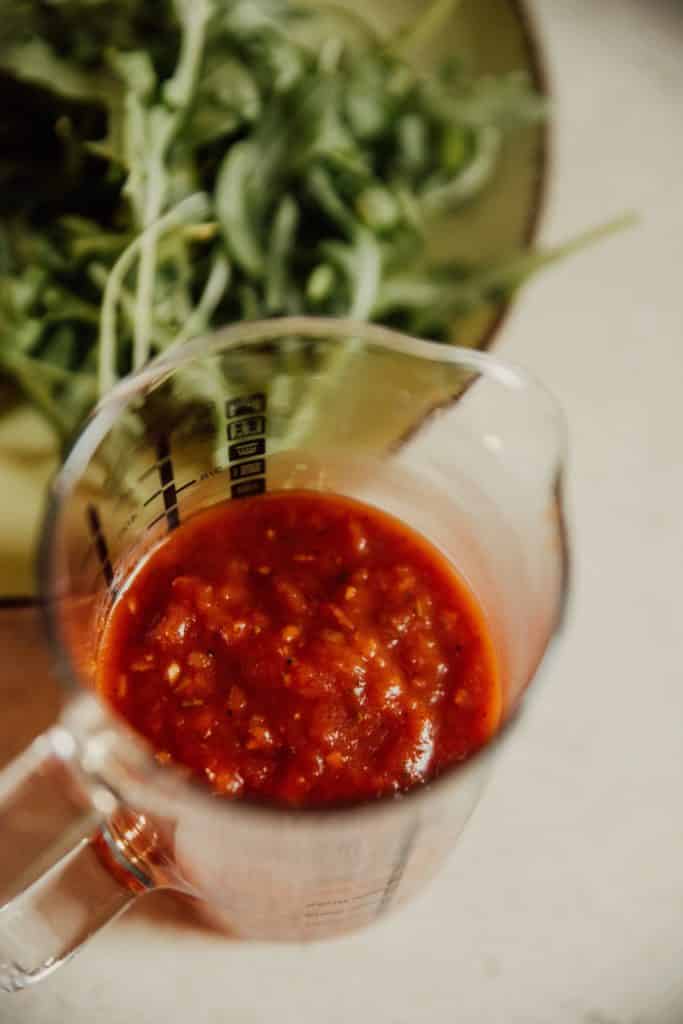Dealing with reflux in babies can be stressful for both mother and child. Oftentimes, this condition leads to many stressful demands while feeding and in most cases, many moms don’t know how to ease the baby’s obvious discomfort.

Thankfully, that’s why you’ve got us!
This article contains all you need to know about reflux in babies; the mechanics, causes, diagnostic tests, and several easy home remedies.
First, What Is Reflux?
Reflux is a medical condition characterized by an improper function of the muscle above the stomach, resulting in the rise of stomach contents into the esophagus. This could ultimately lead to spitting up or vomiting.

It’s a common condition in babies which is relatively harmless in most cases. However, understanding why your baby has reflux isn’t always as straightforward as many of us want. Although the condition is rarely serious and becomes less common as a baby gets older, it’s unusual for infant reflux to persist for over 18 months.
What Causes Reflux In Babies?
Babies have a smaller esophagus and weaker muscle tone than adults. This means that the valve that guards the lower end of their esophagus (lower esophageal sphincter or LES) is weaker, making some babies susceptible to gastroesophageal reflux disease (GERD).
As the lower esophageal sphincter opens, ingested milk can come back up the esophagus to the throat, possibly leading to gag, or choke reflexes in the baby.
When Does It Occur?
Infant reflux occurs when food moves back up to the throat from a baby’s stomach. In a healthy infant, reflux can occur multiple times a day due to a poorly coordinated gastrointestinal tract.
In most cases, babies with this condition are healthy; it’s just that their digestive tracts are still developing.
The Mechanics of Reflux
The esophagus is the tube that connects your mouth to your stomach. There is a valve at the top of the stomach that keeps food from going back up into the esophagus. If this valve is underdeveloped or opens at the wrong time, the stomach contents can move back, or “reflux,” into the esophagus.
Foods That May Cause Reflux In Babies
1. Tomatoes & Tomato sauce
Tomatoes are an excellent source of vitamin C, antioxidants & provitamin A for healthy breastfeeding babies. However, they are also very acidic, which can lead to a very gassy, uncomfortable, and irritable baby.

As a result, tomatoes increase the production of acid in the stomach, leading to reflux.
2. Spicy Foods
Sure! You can’t afford to miss your Kimchi, chorizo potato, green chile omelet. Although these meals are nice & spicy, they shouldn’t be a part of your baby’s diet, as they are known to trigger acid reflux.
3. Peppermint, Chocolate & Caffeine
Although we understand that babies love sweet things, these foods relax and keep the lower esophageal sphincter (LES) open for longer periods, causing the contents of the stomach to reflux.

4. Fatty foods
Fried foods, high-fat meats, pastries with frostings, fish, chips, and cheese take longer to digest because they contain fat. Therefore they also increase the risk of reflux.
5. Fruits & Fruit Juice
Fruits like oranges, apples, and bananas exacerbate reflux in babies and should be avoided or taken in minute quantities. Sometimes, fruit juice can be helpful, but it’s important to regulate the quantity.

Symptoms of reflux in a breastfed baby:
- Bringing up milk after every feeding.
- Spitting milk and gagging or choking on the milk that is brought up. There may be difficulty swallowing.
- Persistent cough.
- Abdominal pain
- Forceful or projectile vomiting where the milk shoots out of the mouth.
- Frequent waking at night and refusal to feed.
Are There Any Tests?
Normally if your baby is growing healthy, there is usually no need for diagnostic tests.

However, in cases of persistent weight loss, your pediatrician may order any of the following tests:
- Ultrasound: This imaging test can detect a condition called pyloric stenosis where the entrance to the small intestines from the stomach is narrowed.
- Lab tests: Blood and urine tests can help identify or rule out possible causes of recurring vomiting and poor weight gain.
- Esophageal pH monitoring: This involves the passage of a thin tube & device through a baby’s esophagus to measure the acidity levels.
- X-ray: These images can detect obstructions in the digestive tract.
Home Remedies For Reflux In Babies
As usual, we’re here to help with several easy & reliable tips:
- Feed your baby in an upright position and afterwards, attempt to keep him/her in a sitting position for about 30 minutes.
- Smaller & frequent feedings: Feed your baby slightly less than usual if you’re bottle-feeding, or cut back a little on nursing time.
- Remember to burp: Frequent burps during and after feeding can prevent a buildup of air in your child’s stomach.
- Put baby to sleep on his/her back: Remember to place your baby on his/her back to sleep, even if they have reflux. This helps to calm them down.

Finally,
It’s important to know that reflux is common in infants and your little one is going to be fine. Follow the tips above, avoid risky meals and report any disturbing symptoms to your pediatrician.
References
- Megan Moreno(2014).Gastroesophageal Reflux Disease. Journal of American Medical Association.168(10): 976
- Paul, E.(1994).Gastroesophageal reflux: One reason why baby won’t eat. The Journal of Pediatrics.125(6):104-105.

